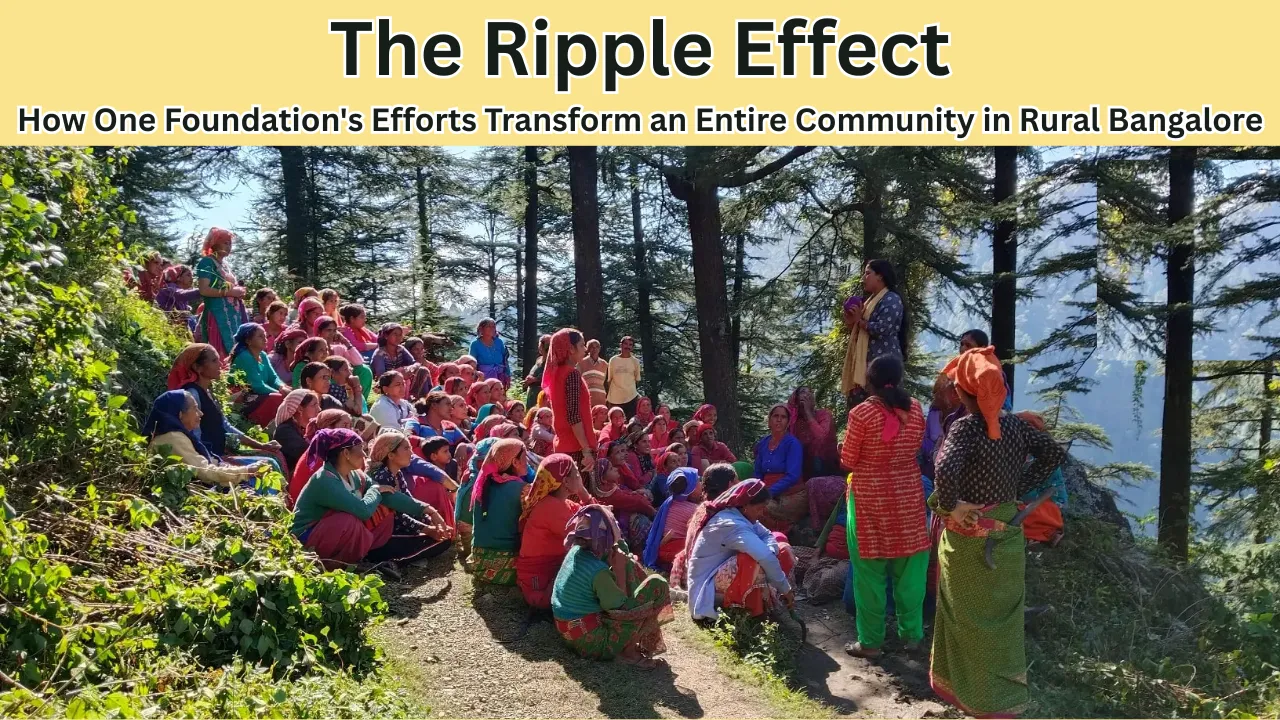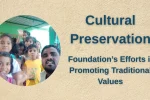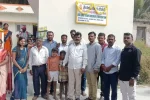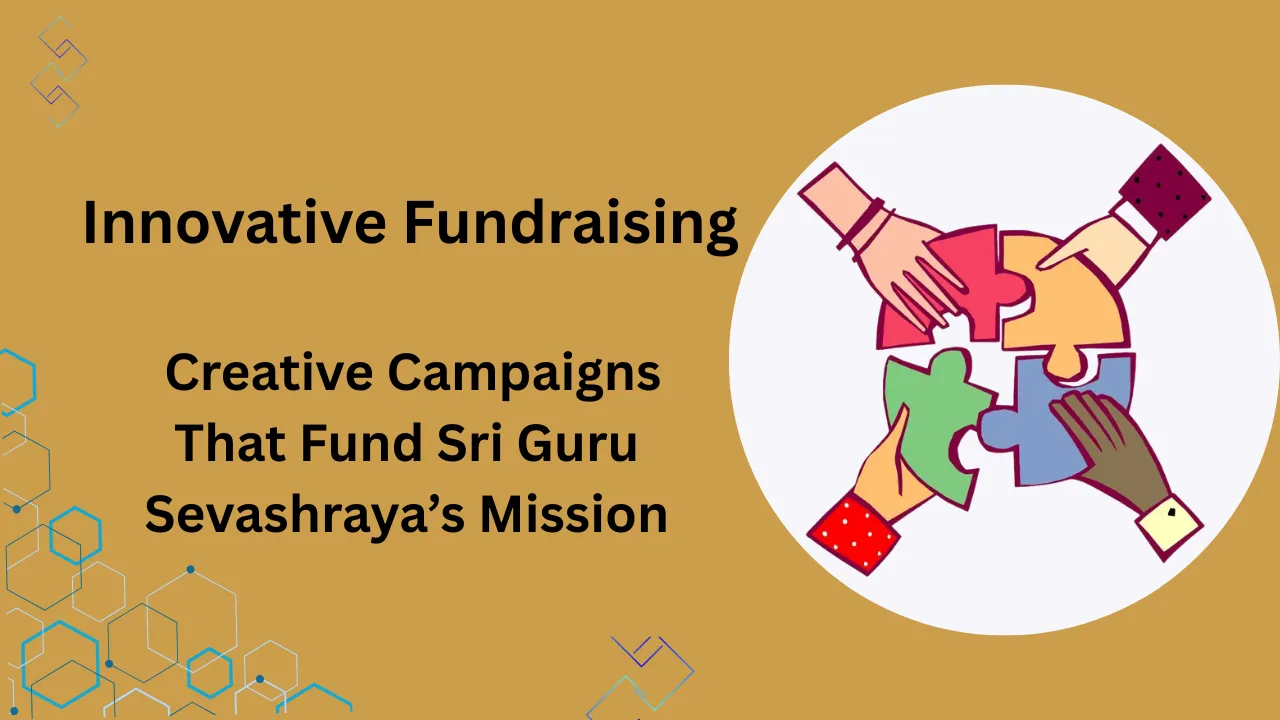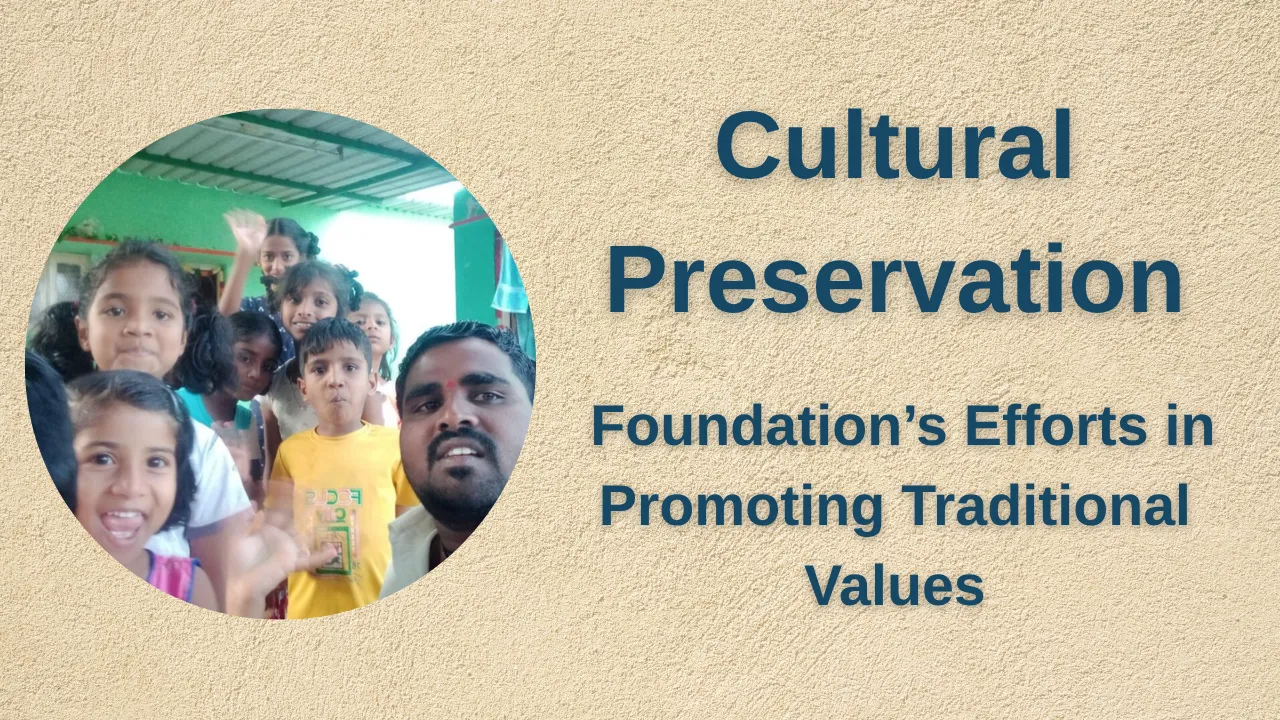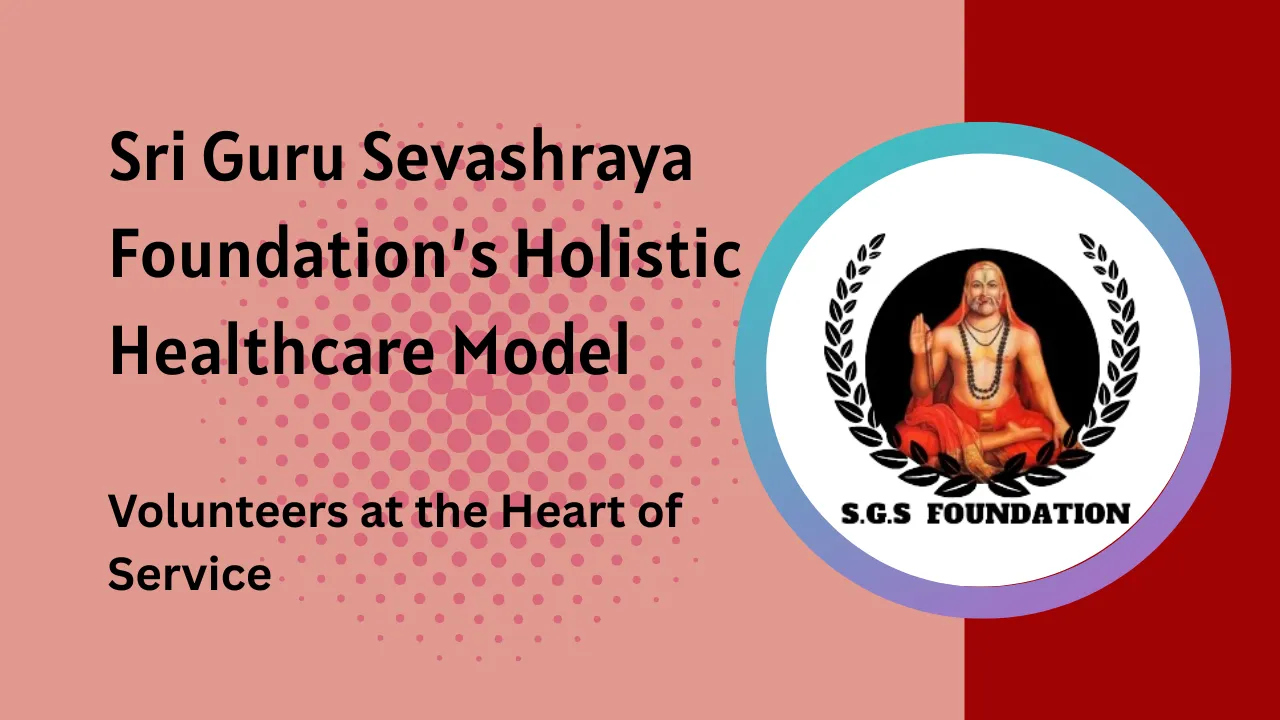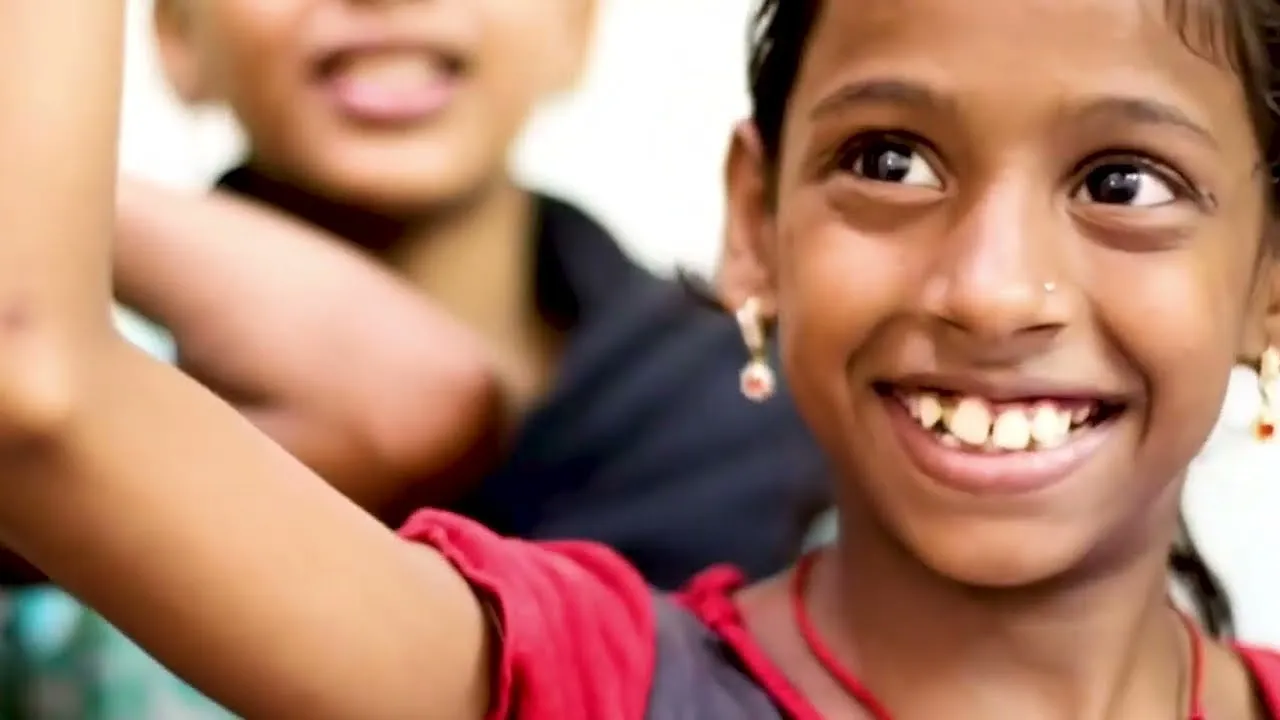Sri Guru Sevashraya Foundation: In areas surrounding Bangalore, pockets of rural communities have long faced healthcare gaps, inadequate schools, and limited economic opportunities. Amid rapid urban growth, these villages were often overlooked. But thanks to grassroots leadership and coordinated action, real change is taking root. With a thoughtful strategy that addresses health, education, livelihoods, and social unity, one dedicated foundation is quietly reshaping life in multiple villages—and the results are powerful.
Sri Guru Sevashraya Foundation
The Sri Guru Sevashraya Foundation adopts a holistic, community-driven model across villages in Doddaballapur Taluk and nearby rural zones. By strategically blending healthcare access, educational support, economic empowerment, and civic ownership, this foundation is not just offering services—but nurturing whole-person transformation and long-lasting community resilience.
Overview Table: Key Initiatives and Impacts
| Sector | Initiative | Community Impact |
| Healthcare | Free health & eye camps, blood donation drives | Early diagnosis, restored vision, stronger public health |
| Education | Supplies, uniforms, cultural events | Higher attendance, better engagement, reduced dropouts |
| Livelihoods | Vocational training, self-help groups (SHGs) | Jobs, income generation, women’s financial independence |
| Community Cohesion | Volunteer initiatives, leadership workshops | Shared responsibility, leadership, volunteer-driven action |
Healthcare: Strengthening the Community’s Well-Being
Affordable and trustworthy healthcare is critical—and often lacking—in remote villages. The foundation steps into that gap with organized health camps, offering blood pressure checks, diabetes screenings, general consultations, and health literacy. Specialized eye camps identify and treat cataracts free of charge. Volunteers also spearhead blood donation drives, reinforcing community ownership and saving lives.
Take Mrs. Kamala from Aralukunte: once nearly blind from untreated cataracts, she received surgery at a camp organized by the foundation. Restored sight gave her back independence, improved quality of life, and renewed dignity.
Education: Empowering Young Minds for a Brighter Future
Education holds the promise of transformation—but in these villages, many children lacked proper supplies or even uniforms. The foundation bridged that gap by distributing backpacks, books, shoes, and uniforms to students. Cultural events, sports meets, and parent outreach programs help make school fun and foster parental involvement—especially critical for keeping girls in classes.
Rajesh from Muthur was at risk of dropping out to support farm work. After the foundation provided learning materials and mentoring, he stayed enrolled and aims now for college. His success is encouraging other families to invest in education.
Livelihoods & Empowerment: Creating Sustainable Economic Pathways
Even with good health and education, long-term stability needs income. The foundation addresses this by offering vocational training—such as tailoring, computer skills, and food processing—combined with SHG support to boost women’s entrepreneurship and household earnings.
In Bettahalli, Lakshmi attended a tailoring workshop and now earns enough to contribute meaningfully to her family. Empowered by training and microloans, she became a group leader and motivated other women to follow suit.
Community Cohesion: From Services to Shared Ownership
Beyond direct aid, the foundation emphasizes projects led by villagers. Blood camps are coordinated by volunteers; cultural events are organized by youth groups; school hygiene is overlooked by parent committees. These community-led initiatives build shared accountability and ensure the foundation’s work outlasts its direct presence.
Challenges Faced and Resilience Shown
Obstacles like transportation barriers, traditional mindsets, resource limits, and dependency mindsets are real. But the foundation’s flexible strategy and emphasis on partnership—whether with local schools, panchayats, or volunteers—help work through these hurdles. Its ability to adapt and nurture trust has kept its efforts sustainable and scalable.
Building Sustainability and Local Leadership
True impact thrives on local leadership. The foundation nurtures village health committees to take charge of hygiene, equips parents to support schooling initiatives, and helps SHGs manage savings and loans. This handover ensures that change becomes part of everyday life, not just a service provided.
Conclusion
From renewing vision to preserving education and boosting household incomes, the work of the Sri Guru Sevashraya Foundation offers a vivid example of how coordinated, compassionate action can elevate rural life. It’s not just donation—it’s transformation through resilience, ownership, and long-term planning.
Call to Action
Want to join this ripple of transformation in rural India? You can donate your time or resources, explore volunteer opportunities, or collaborate as an NGO or CSR partner. Visit the Sri Guru Sevashraya Foundation website or contact their Doddaballapur office to learn how you can help build brighter futures—one village at a time.
FAQs
Which villages are being supported?
The foundation works across multiple villages in Doddaballapur Taluk and surrounding rural areas of Bangalore.
How can I volunteer locally?
Contact the foundation office directly to join health camps, tutoring, or SHG mentoring.
Is the training open to any villager?
Yes—young women, youth, and motivated individuals can apply for vocational programs.
Do donations go directly to beneficiaries?
Foundation spending is transparent, with field reports detailing how funds enable camps, supplies, and training.
How are projects sustained after implementation?
Local committees, SHG groups, and parent leaders continue key work independently once programs begin.
